Don’t sleep on Gatorade
Gatorade rolled out its first sugarless drink, Gatorade Zero, this week. The drink has no sugar nor carbs, yet it has most of the same flavors and similar prices as sugared Gatorade.
The sports drink company has controlled the market for most of its 53-year life. According to Euromonitor International, the Pepsi subsidiary controls 75% of the sports drink market. Their dominance stems largely from its marketing campaigns.
Further, its “Be Like Mike” campaign, featuring incredibly popular basketball player Michael Jordan, expanded the popularity of the drink. Additionally, coach Gatorade showers have increased in sports like football and occur after most major victories.
However, last year, the beverage company struggled slightly, seeing its sales slide by 0.5% in 2017. This largely stems from the growing popularity of healthier drinks among athletes and the abandonment of unneeded sugars and carbs.
Moreover, sports dietician Leslie Bonci reports that athletes are starting to use sparkling, coconut, and electrolyte-enhanced waters instead of the sugar- and carb-heavy Gatorade drinks. A standard Gatorade drink contains 34g of sugar, 36g of carbohydrates, and 140 calories. And while they are rich in electrolytes, which many athletes need after sweat loss, they can gain the same electrolytes through these alternative drinks.
Additionally, Gatorade will have to compete against other sports beverage firms. Coca-Cola released Powerade Zero, which is also a sugar- and carb-free sports drink that has been popular in sports. Plus, recent startup BodyArmor’s sales grew 78% in 2016, reaching $235 million with the help of Dr. Pepper Snapple’s backing. In various advertisements, BodyArmor has targeted Gatorade directly, stating, “Thanks, Gatorade. We’ll take it from here.”
In the sports drink world, Gatorade is slowly becoming an outdated product, but the reveal of Gatorade Zero will likely rebound the company from its disappointing 2017.
Featured image via Wikimedia Commons























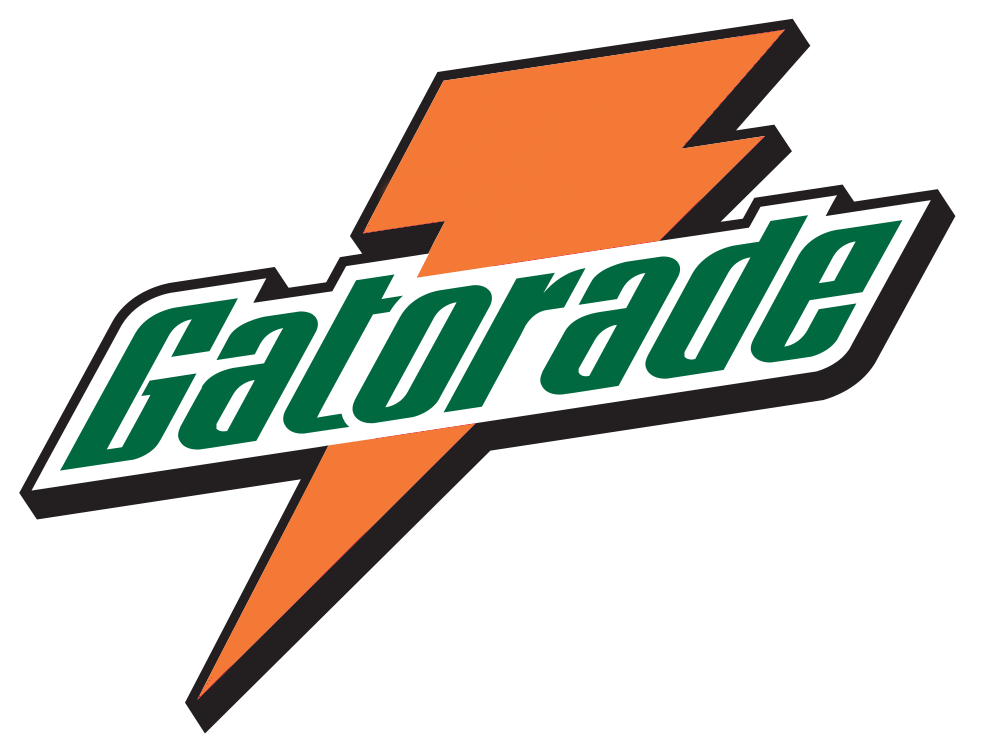








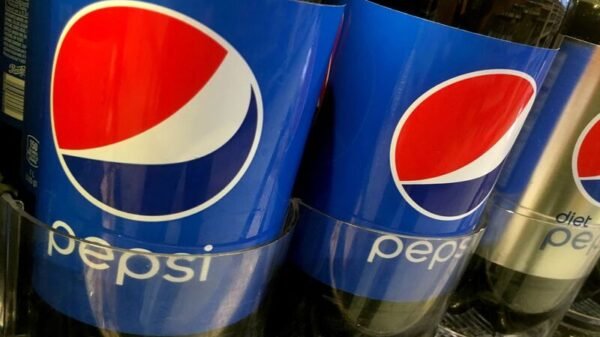
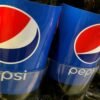


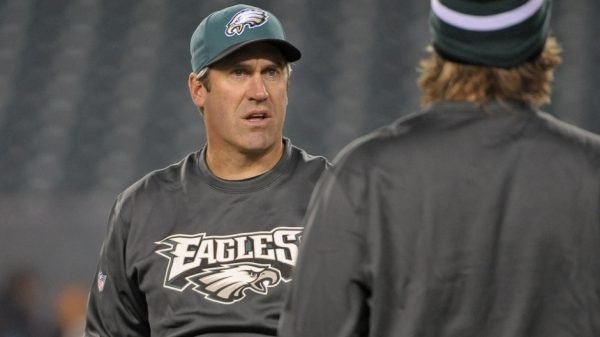
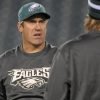


Comment Template